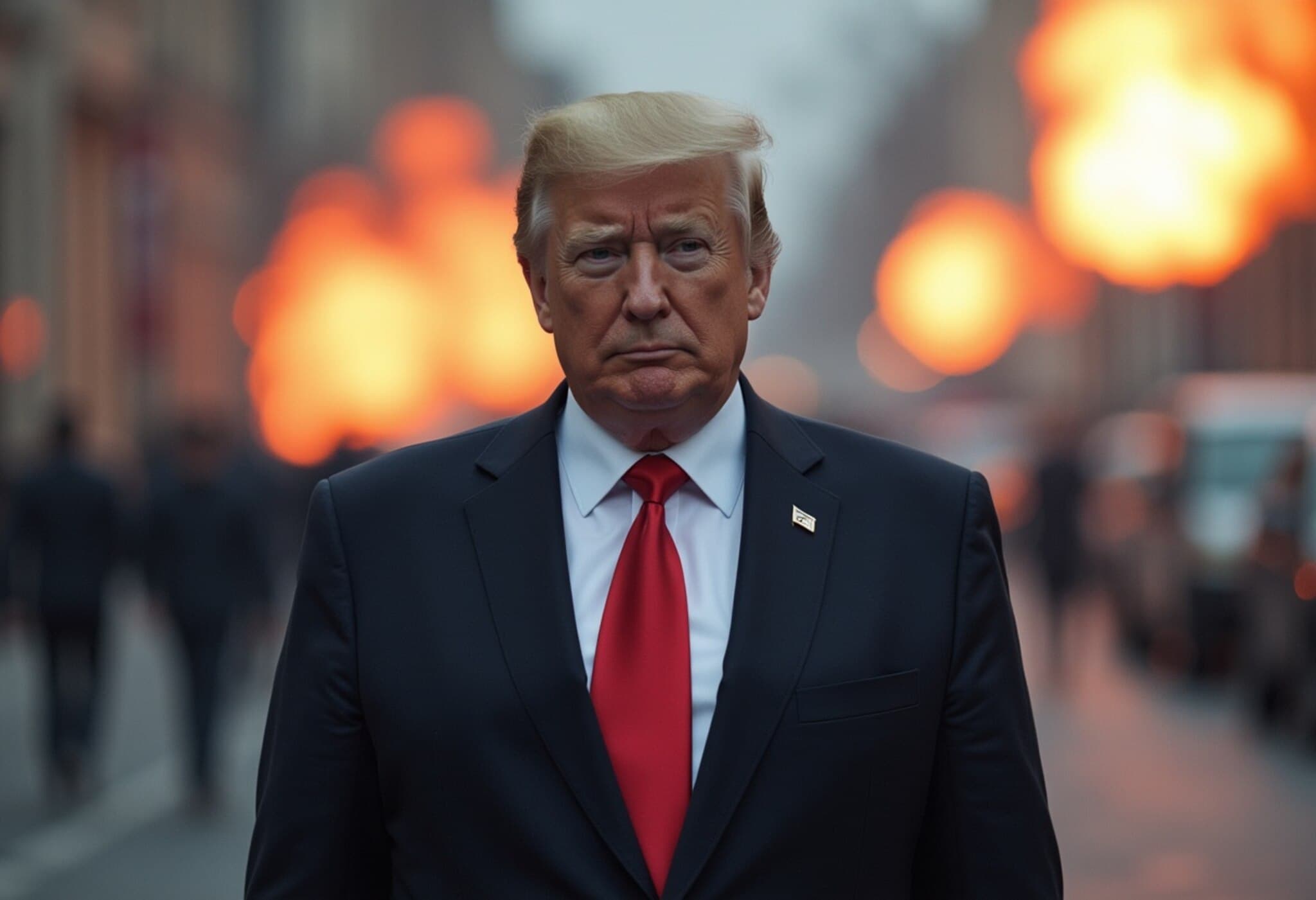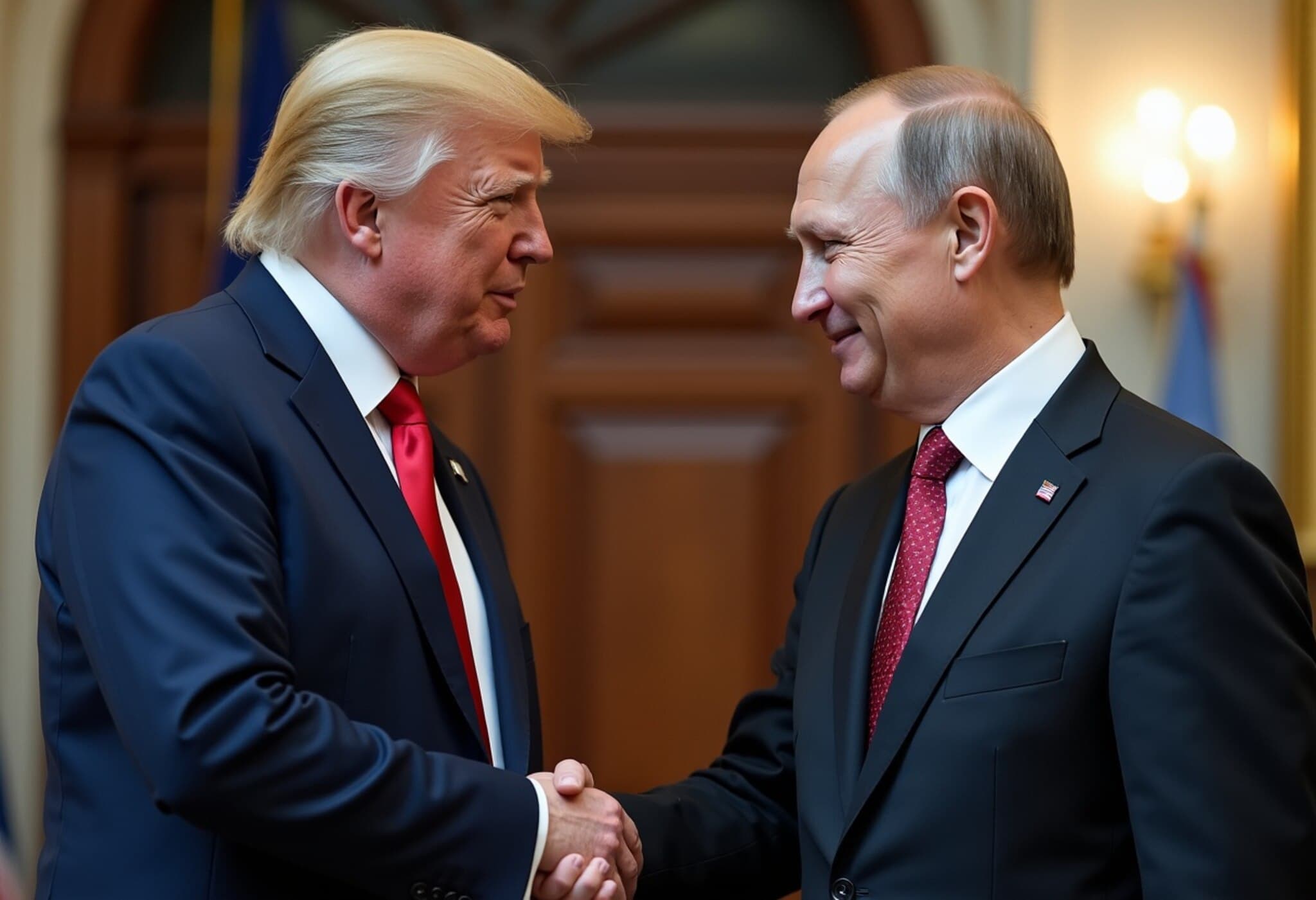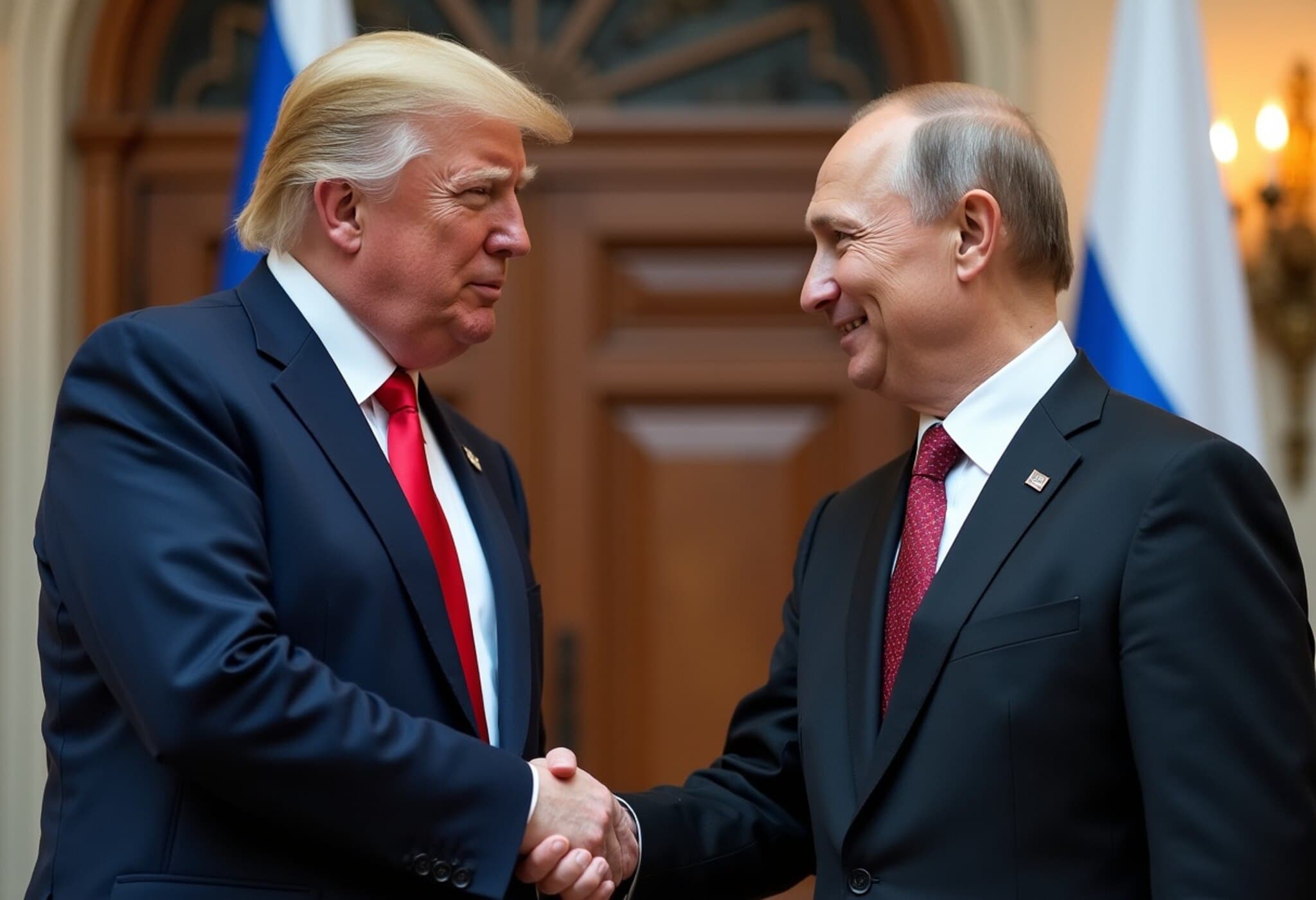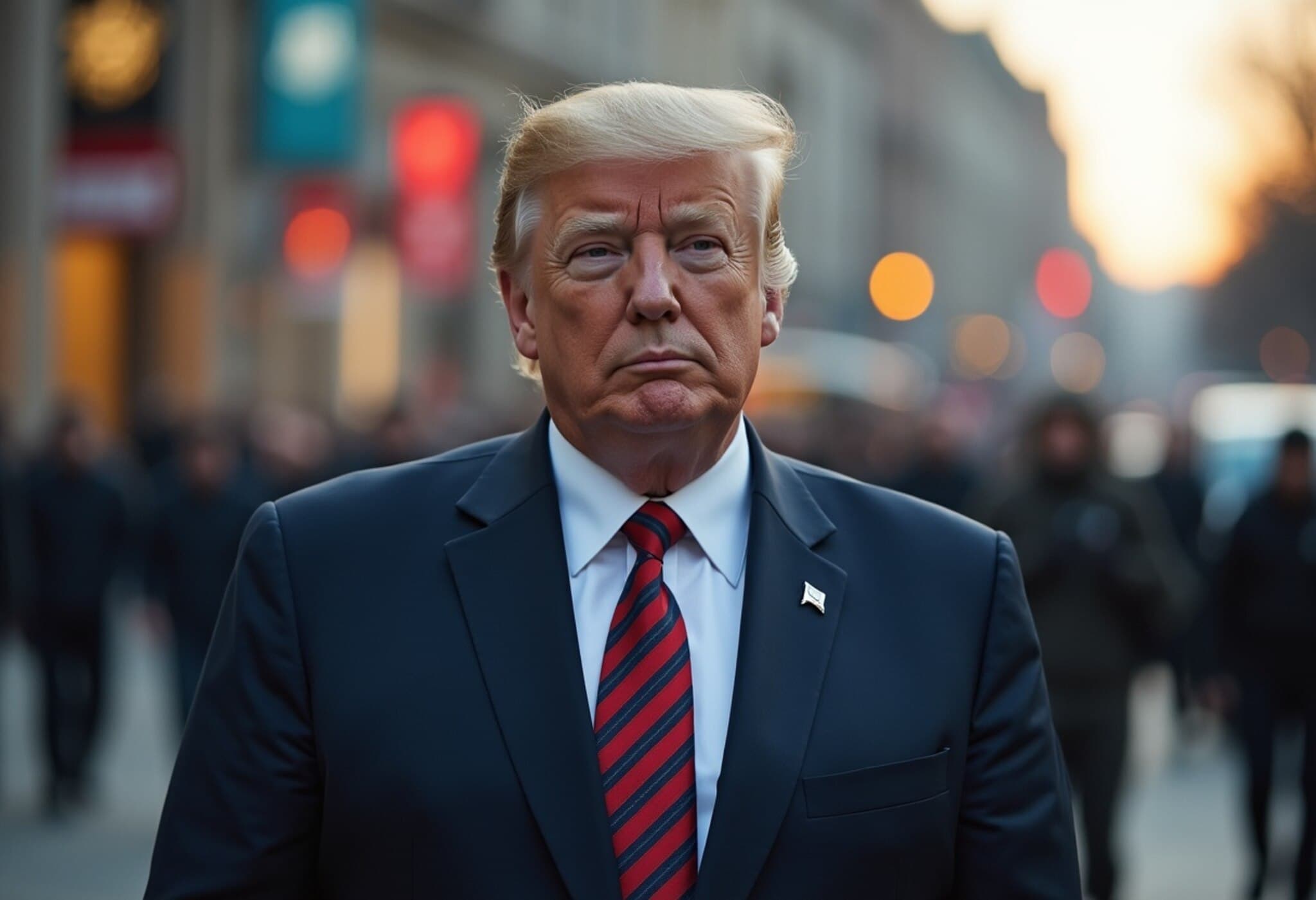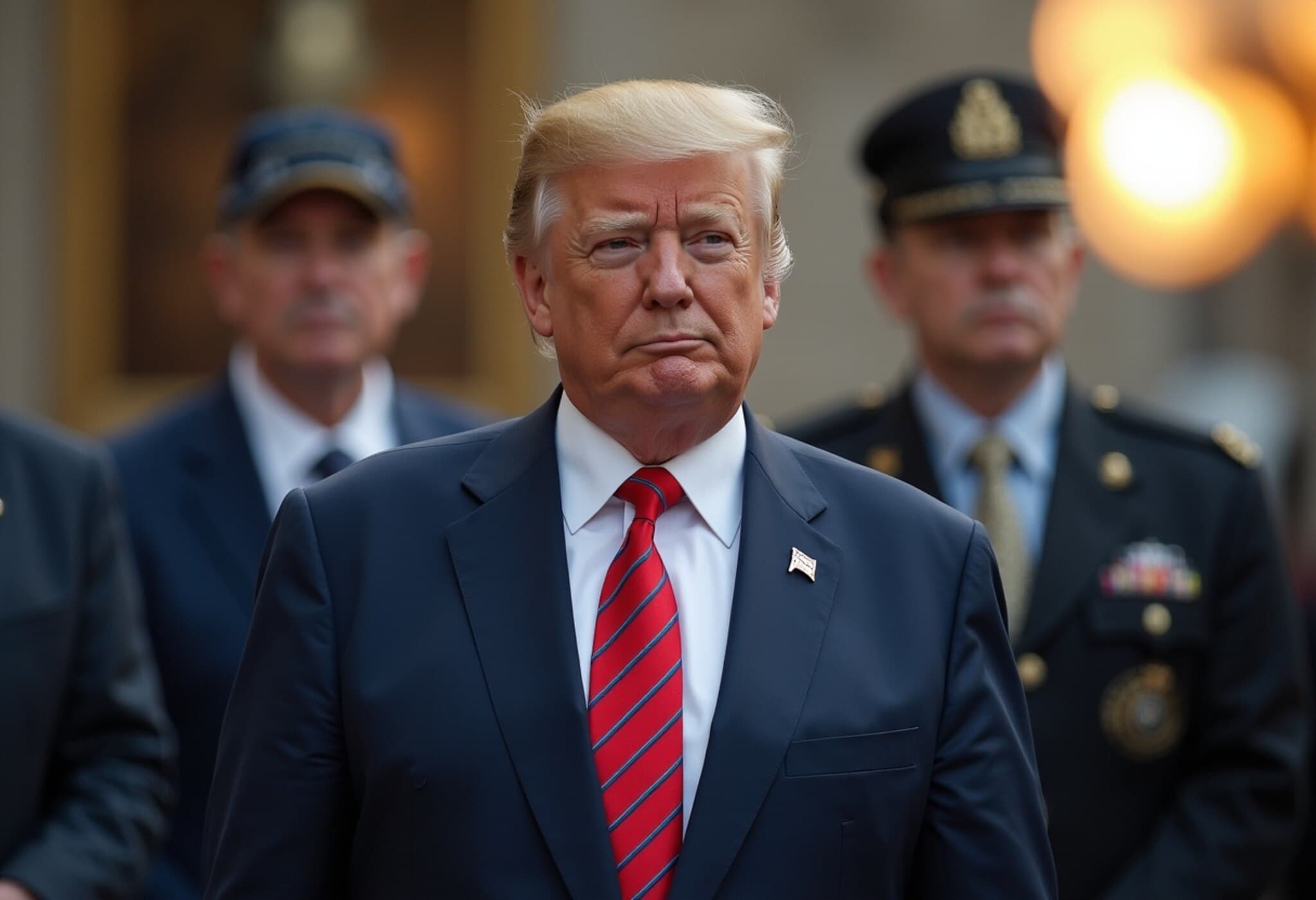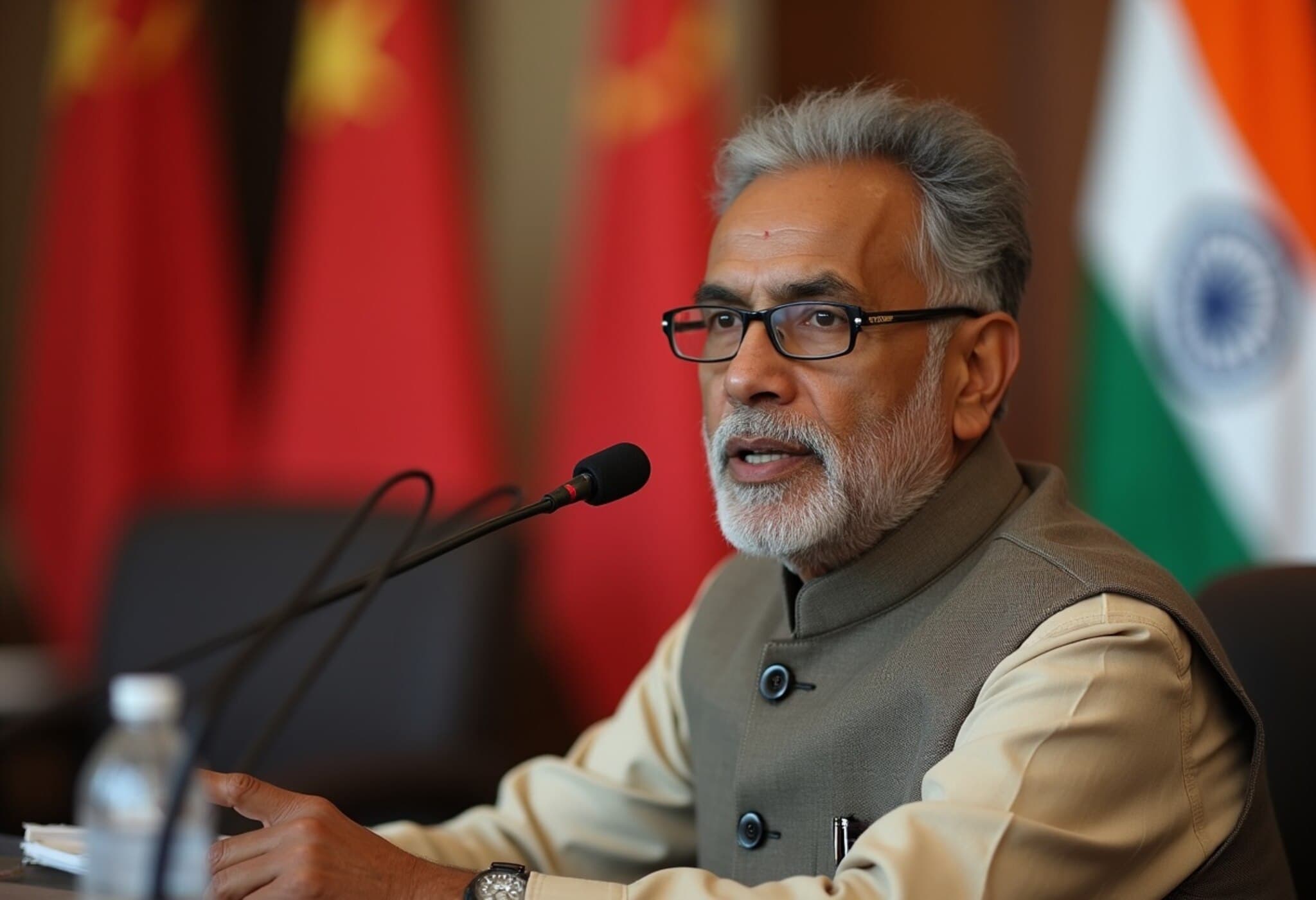Germany Calls Out China’s Crucial Role in Fueling Russia's War in Ukraine
In a pointed critique that reverberated through international diplomatic circles, German Foreign Minister Johann Wadephul strongly condemned China’s backing of Russia’s ongoing war against Ukraine. Speaking at the Sasakawa Peace Foundation in Tokyo on August 18, 2025, Wadephul laid bare Beijing’s dual role as a supplier of goods and a major buyer of Russian energy — both of which he argued significantly bolster Moscow’s military efforts.
China’s Dual-Use Goods and Energy Purchases: A Dangerous Combination
“Russia’s war is made possible by crucial Chinese support,” Wadephul declared, presenting compelling data that 80 percent of Russia’s dual-use goods—items that can have both civilian and military applications—originate from China. Additionally, China stands as the largest purchaser of Russian oil and gas, a financial lifeline sustaining Russia amid Western sanctions.
These revelations come at a tense moment on the global stage, ahead of high-profile discussions between U.S. President Donald Trump, Ukrainian President Volodymyr Zelenskyy, and European Union leaders aimed at confronting Russia’s aggressions and reassessing international responses.
Contrasting Responses: India, China, and the U.S. Tariff Debate
Notably, while the Trump administration has slapped significant tariffs—up to 25 percent—on India for its purchases of Russian energy, China has largely escaped similar punitive measures despite its even larger role in sustaining Russia's economy. Wadephul’s remarks implicitly challenge this double standard, spotlighting the critical need for a more comprehensive strategy addressing all major enablers of Russia’s war machine.
From Diplomatic Caution to Direct Criticism
The statements from Wadephul underscore a marked shift within the German government’s stance toward China, veering away from the cautious diplomacy of Chancellor Angela Merkel’s era toward a more stringent approach reminiscent of former Foreign Minister Annalena Baerbock’s characterization of President Xi Jinping as a dictator.
Wadephul did not stop at China. He also highlighted North Korea’s reported shipments of ammunition and troops to Russia, which experts suggest could hardly be possible without Chinese facilitation. This nexus of support not only exacerbates the Ukraine conflict but jeopardizes broader European and Asian security dynamics alike.
Regional Security Concerns Deepen
Addressing journalists in Tokyo, Wadephul expressed growing alarm over China’s increasingly assertive posture in regional hotspots including the Taiwan Strait and South China Sea. He cautioned against unilateral attempts to alter the status quo, emphasizing adherence to the United Nations Charter’s prohibition on violence and warning that escalations in these critical maritime corridors could disrupt global trade and stability.
Expert Insight: The Broader Implications
- Economic Perspective: China’s sustained energy imports from Russia highlight a complex entanglement where economic interests clash with stated geopolitical principles among major powers.
- Policy Dilemma: The uneven application of sanctions risks undermining Western efforts to isolate Moscow and could incentivize Moscow-Beijing strategic cooperation.
- Security Risks: North Korea’s involvement, potentially enabled by China, indicates a dangerous expansion of the conflict’s supply chains with unpredictable consequences for regional arms balances and diplomacy.
This critique from Germany serves as a clarion call for Western and Indo-Pacific partners to recalibrate their strategies, weighing the geopolitical cost of tolerating such indirect but substantial support to Russia’s war efforts.
Editor's Note
Germany’s blunt assessment reveals the multifaceted challenges in countering Russia’s war beyond direct military engagement. The role China plays—as both an enabler through dual-use goods and energy purchases, and as a diplomatic actor—raises pressing questions about the coherence and fairness of international sanctions regimes. It also shines a light on the broader geopolitical shifts where economic interdependence clashes with security imperatives, particularly in a world still reeling from global supply chain disruptions and growing regional tensions. For U.S. and European policymakers, this underscores the urgent need for nuanced, coordinated approaches that address all facets of the conflict’s support networks while avoiding the pitfalls of selective enforcement that could erode trust among allies.











